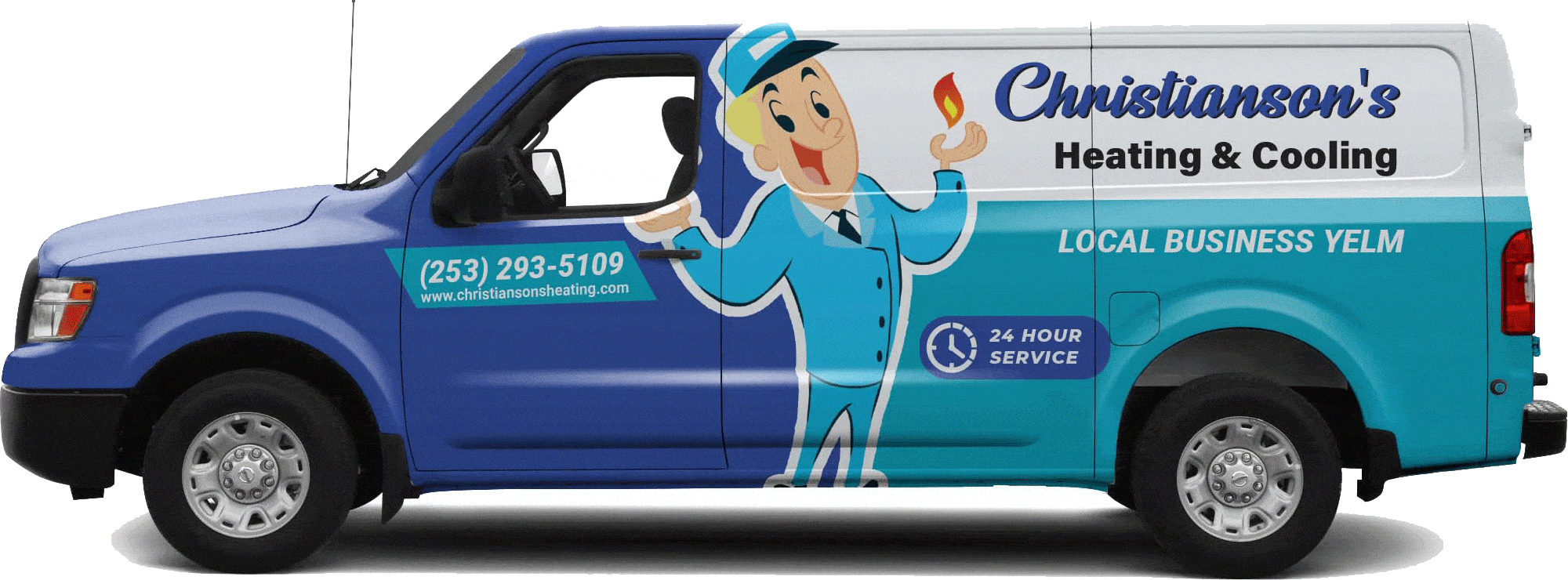
Water Heaters Decoded – Choosing the Right Option for Your Home
Purchasing a house can be a stressful process. When choosing a home, it is important to establish your must-haves and deal-breakers and stick with them.
Choosing the right water heater for your household requires you to understand its ratings and energy efficiency. All water heaters are rated with information that can help you make an educated decision.
Gas-Fired Water Heaters
Gas water heaters use natural gas or propane to heat your home’s water. They typically have a storage tank, but some newer models are available with smaller tanks and on-demand operation.
Gas heaters use combustion to create hot water, and they require venting to expel the byproduct gasses. This requires a gas line and flue to run to the outside of your house, which increases installation cost and timeframe.
These units are also less environmentally friendly than electric models, as they are powered by fossil fuels and pull air from your home to create combustion. In order to improve the environmental impact of your unit, look for the Energy Star label and compare UEF ratings when deciding on a model.
Unlike gas units, electric water heaters don’t require ventilation, and they can be used in homes without access to natural gas. They have a lower upfront cost than gas-powered units and operate silently, making them an excellent choice for noise-sensitive spaces.
Electric Tank-Style Water Heaters
Electric tank-style water heaters are a good choice for homes that use solar power or other renewable energy sources. They consume less fossil fuel than gas models, and they’re usually more energy efficient.
You can also find small, lightweight electric point-of-use options for boosting hot water supply at individual sinks or appliances like showers. These units plug into a 120-volt supply and work best in kitchens, cabins, RVs, garages and sheds.
Most homes have an existing 240-volt electrical connection running to the water heater area, but if not, you can hire an electrician to add a new circuit. All electric heaters have a greater range of sizes than gas models, especially when considering micro-sized point-of-use options. Electric models are great for solar homes, as they can be powered by the renewable energy generated by your rooftop panels. However, they don’t have the same efficiency as natural gas models.
On-Demand Water Heaters
Tankless units, also called “instantaneous” water heaters, heat water only when you need it. They’re smaller than storage tank models and may be installed on outside walls, perfect for tight spaces. They save energy by delivering only the amount of hot water you need, and they operate at about half the cost of traditional gas or electric tanks. ENERGY STAR certified models deliver even more energy savings. Waiting for hot water is expensive and wasteful, so look for a unit with smart recirculation that learns your usage pattern to keep hot water constantly flowing through the system. That way, you’ll never have to wait more than 15 seconds for a shower or sink.
For homes that use 41 gallons or less per day, tankless models offer 24%-34% more energy efficiency than storage tank water heaters.
Energy Star Water Heaters
When it comes to energy efficiency, the humble water heater is often overlooked. Hidden from view in a basement or utility closet, these tall metal cylinders use energy to heat water, despite their reliability. However, it’s possible to upgrade to an energy-efficient model and save money on water and power bills.
ENERGY STAR® certified electric water heaters use innovative technology to reduce energy consumption and emissions, including heat pump technology. These water heaters pull heat from the surrounding air to help them warm water, using up to one-third less energy than standard electric models. They also release fewer greenhouse gases and contribute to reduced air pollution.
Many states and electric utilities offer rebates for ENERGY STAR products, including heat pump water heaters. The ENERGY STAR Rebate Finder can help you find available incentives near you. FEMP also recommends that federal agencies incorporate ENERGY STAR product specifications into technical specifications and evaluation criteria in solicitation responses.



The environmental impact of different types of water heaters, including their energy consumption and emissions, is thoroughly discussed in this article. This is essential information for environmentally conscious consumers.
Absolutely, the emphasis on ENERGY STAR certified electric water heaters and their reduced energy consumption and greenhouse gas emissions is crucial for those looking to minimize their carbon footprint.
I appreciate the mention of available rebates for ENERGY STAR products, as well as the recommendation to incorporate ENERGY STAR product specifications into technical specifications. This promotes the adoption of energy-efficient water heaters.
I found this article to be extremely informative and insightful. It is a must-read for anyone looking to upgrade or install a new water heater in their home.
The practical tips for choosing the right water heater based on usage patterns and energy efficiency, especially in the context of solar-powered homes, are invaluable. Great insights!
I wholeheartedly agree. The article effectively highlights the importance of smart recirculation for tankless models and its impact on energy savings and convenience.
This article provides a comprehensive breakdown of the various types of water heaters available, making it easier for homeowners to make an informed decision based on their unique needs and preferences.
I couldn’t agree more. The detailed comparison of gas-fired, electric tank-style, and on-demand water heaters, as well as the emphasis on energy efficiency, is incredibly helpful.
I found the comparison between tankless, electric, and gas water heaters to be extremely useful in understanding the differences and benefits of each type. Well done!